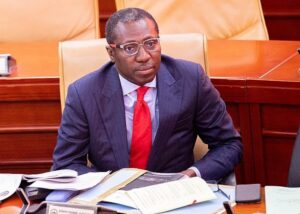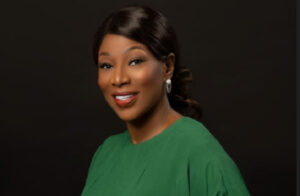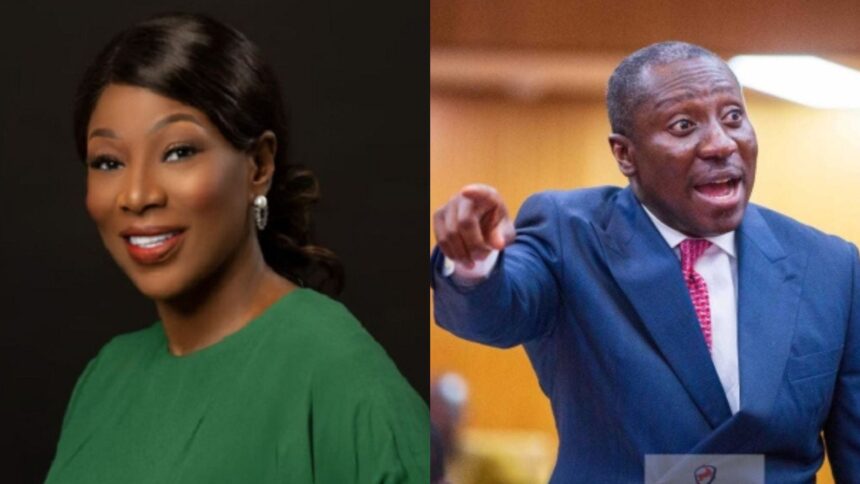In a dramatic and increasingly public moment of parliamentary scrutiny, Member of Parliament Afenyo-Markin delivered a forceful demand during the vetting of Dr. Grace Ayensu-Danquah; Show us the credentials. His insistence on tangible proof of her academic and professional qualifications crystallised into a broader commentary on transparency, gender, and political accountability.

From the onset, Afenyo-Markin’s tone conveyed deep skepticism. He pressed Dr. Ayensu-Danquah to present documentation validating her professorship, indicating that verbal claims alone were inadequate in the corridors of governance. “Afenyo-Markin Demands Proof of Dr. Ayensu-Danquah’s Qualifications,” one report succinctly framed the confrontation, highlighting both the formal demand and the underlying tension in vetting protocol.
The exchange quickly rippled beyond the vetting panel. Observers noted that Afenyo-Markin’s challenge did more than seek academic validation; it questioned whether Ghana’s political system is postured enough to elevate women into high office without defaulting to ideological biases. His pointed advocacy for documentation, rather than deference, underscored the principle that every appointee should be held to the same standard regardless of gender.

Yet not everyone saw the intervention as purely procedural. Critics argued that singling out Dr. Ayensu-Danquah risked reinforcing negative stereotypes about female competence. Headlines such as “Afenyo-Markin sparks outrage after suggesting Dr. Grace Ayensu-Danquah was appointed over Zanetor Rawlings and other female…” reflect how the exchange quickly intertwined with debates over gender representation in Ghanaian politics.
At its heart, though, the confrontation echoes a broader democratic truth: credential verification isn’t a trivial formality; it’s foundational. In an era where information spreads rapidly, political legitimacy hinges on transparent, verifiable credentials. Afenyo-Markin’s demand may have appeared confrontational, but it reinforced the expectation that public leaders must stand on documented merit, not just popular acclaim or political patronage.
It’s worth noting that the details of Dr. Ayensu-Danquah’s professorship, such as the awarding institution, field of study, and academic publications, were not fully outlined in the publicly available excerpts. This absence further sharpened the debate about how much vetting panels should rely on self-reported qualifications versus documented proof.






